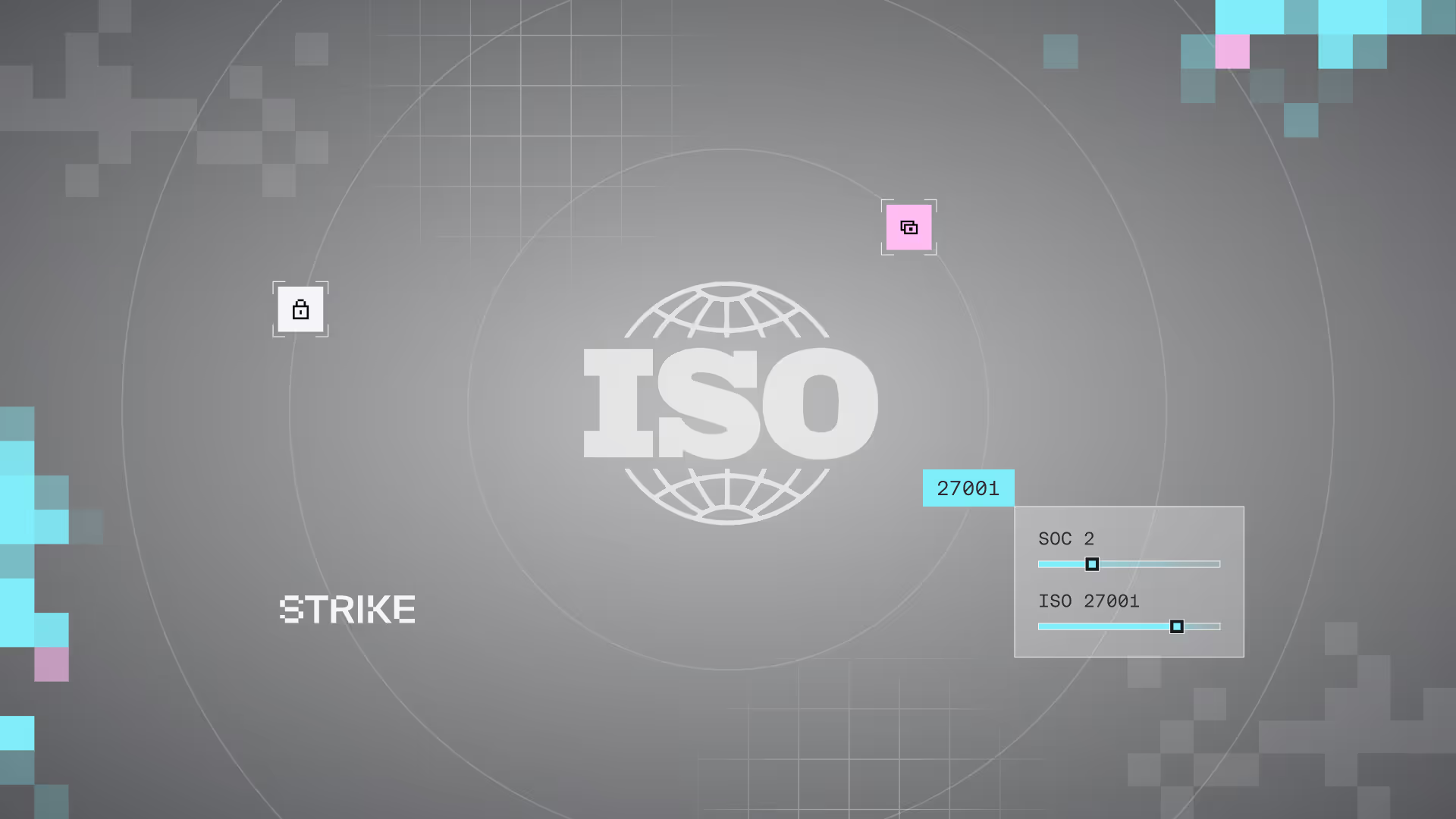What impacts your ISO 27001 certification cost? A full guide

When organizations seek to demonstrate a serious commitment to information security, achieving ISO 27001 certification often becomes a priority. However, one of the first questions that security leaders ask is: what is the ISO 27001 certification cost?
The answer isn't always straightforward. ISO 27001 costs vary depending on several factors, including company size, current security posture, scope of the certification, and whether external consultants are involved. In this article, we'll break down the different cost components, what influences them, and how to plan a realistic budget for certification.
What influences ISO 27001 certification cost?
ISO 27001 certification is not a one-size-fits-all process. Costs can range significantly based on the following:
- Organization size and complexity:
Larger enterprises with multiple offices, systems, and processes will naturally incur higher costs than a small business with a single office and straightforward operations. - Certification scope:
The broader the scope (e.g., covering all departments, locations, and information systems), the more resources are required to achieve compliance and pass the audit. - Current security maturity:
Companies with mature security programs may only need minor adjustments to meet ISO 27001 requirements. Those starting from scratch may need to build policies, implement controls, and conduct training—adding to the overall cost. - Internal resources vs. external help:
Some organizations choose to handle the certification process internally, while others hire ISO 27001 consultants. External support can speed up the process but increases upfront costs. - Choice of certification body:
Accredited certification bodies set their own prices. While cheaper options exist, it’s important to select a reputable auditor to ensure global recognition. - Tools and automation:
Leveraging platforms for continuous vulnerability detection and risk management (like Strike’s offerings) can streamline compliance efforts, potentially reducing manual labor and associated costs.
A breakdown of typical ISO 27001 certification costs
Here's a rough outline of the main cost categories associated with ISO 27001 certification:
- Gap assessment
An initial evaluation to identify discrepancies between the current security practices and ISO 27001 requirements.
Estimated cost: $5,000 to $15,000 depending on organization size. - Implementation costs
Activities to address identified gaps, including writing policies, conducting risk assessments, and training staff.
Estimated cost: $10,000 to $50,000 or more depending on complexity and whether tools or consultants are used. - Internal audit
A mandatory internal audit before the official certification audit to confirm readiness.
Estimated cost: $3,000 to $10,000. - Certification audit
Fees charged by the certification body to perform the Stage 1 and Stage 2 audits.
Estimated cost: $10,000 to $30,000. - Maintenance costs
Annual surveillance audits to maintain certification, plus ongoing operational costs to sustain compliance.
Estimated cost: $5,000 to $15,000 per year.
Quick tip: Working with a trusted partner for pentesting and continuous security monitoring can help demonstrate your commitment to risk mitigation during the ISO 27001 audit—strengthening your position without hidden costs.
How to reduce ISO 27001 certification cost without cutting corners
Budget optimization doesn’t mean compromising the quality or effectiveness of your certification effort. Some strategies to control costs include:
- Define a realistic scope:
Certify critical assets first instead of trying to certify the entire organization immediately. - Use existing frameworks:
If your company already aligns with standards like NIST CSF or SOC 2, leverage existing controls and documentation. - Automate processes:
Security automation tools for vulnerability detection, risk assessments, and monitoring reduce manual work and human error. - Train internal teams:
Upskilling employees to handle some aspects of the project (e.g., policy creation, internal audits) lowers dependency on external consultants. - Choose the right partners:
Work with experienced cybersecurity vendors like Strike that can support continuous security posture improvements aligned with ISO 27001 standards.
If you want to learn more about continuous vulnerability scanning, check out our automated scan solutions.
Why ISO 27001 certification is a smart investment
While the ISO 27001 certification cost may seem high, it's an investment that pays off. Achieving certification provides:
- Increased client trust:
Demonstrating compliance with an internationally recognized security standard can be a major differentiator in competitive markets. - Regulatory compliance:
ISO 27001 can support compliance with GDPR, HIPAA, and other regulations by reinforcing privacy and security controls. - Reduced risk:
A certified ISMS (Information Security Management System) ensures continuous monitoring and improvement of security measures, minimizing breach risks. - Market expansion:
Many enterprise clients and government contracts require ISO 27001 certification as a prerequisite for doing business.
If your organization is planning to certify soon, investing in both the certification and long-term continuous security monitoring will help protect your systems and brand reputation.





.avif)
.avif)